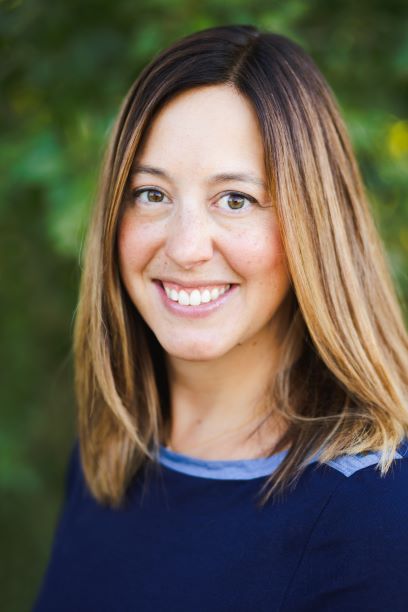Navigating a Rupture With Your Clinical Supervisor
By Shannon Heers
What do you do when, as a counselor or social worker, you’ve been working with your clinical supervisor for awhile and there’s a rupture in your relationship? Having a break in your supervisory relationship is actually fairly common, and as a supervisee you have different options on how to deal with this situation. Here is a break-down of the stages of a supervisory relationship, as I conceptualize them, when doing individual clinical supervision.

The Forming Stage in the Supervisory Relationship
As in any relationship, with your clinical supervisor there’s likely to be a “honeymoon” period when you first start working with your supervisor. If we liken the stages of the supervisory relationship to the stages of group therapy, this first stage is the Forming Stage.
As a supervisee, you’re eager to please and get approval from your supervisor. At the same time, your supervisor is probably working on developing the relationship with you, getting to know you, and understanding your skill and ability levels. In this phase, there’s not as likely to be a rupture in your working relationship.
The Storming Stage in Clinical Supervision

After you’ve worked together for a while, inevitably some conflict appears. This can be called the Storming Stage. Perhaps you as the supervisee are feeling like you’re not getting what you need from your supervisor, or thinking that your supervisor is expecting too much from you. Whatever the triggering situation or event, friction occurs in your supervision sessions.
An experienced clinical supervisor can help you through this storming or conflict process by bringing it out into the open, asking what is going on with you and why, and not assuming or coming at you with defensiveness. Conflict resolution is an important skill for you as a therapist to learn, and having a rupture in your supervisory relationship is a great opportunity to practice this on your end.
The Norming Stage in Supervision
If you’re able to work with your supervisor through the storming stage, then certain norms become agreed-up by both you as the supervisee and you as the supervisor. Sometimes these “norms” are directly identified, and sometimes they are not spoken. For example, after working through the supervisory rupture you now know how to work through conflict, and the next time conflict occurs you’re able to work through the situation in the same way but much more quickly.
Although I’m presenting these Stages of the clinical supervision relationship in a linear fashion, you don’t necessarily complete each stage and then proceed to the next stage. Sometimes you and your supervisor might go back and forth between Storming and Norming, and that is also very typical.
The Performing Stage in Clinical Supervision

The next stage in the supervisory relationship comes when you as the supervisee become more comfortable with your clinical supervisor, and vice versa, and you’re processing what needs to be discussed and getting your supervision goals met in your sessions. Both of you can talk openly without fear of retribution about things that are coming up in the supervisory relationship, and this is really where your learning as a supervisee really takes off.
It is really exciting for me as a clinical supervisor when I get to this stage with my supervisees and consultees. At this point we’ve really developed a strong, deeper supervisory relationship and I have a really good understanding of the therapist as a person and a counselor. This deeper connection yields satisfaction on both end and leads to so much professional growth and development of the supervisee.
While not every clinical supervisor conceptualizes the stages of the clinical supervision relationship the way I described above, there is always a process to developing a strong supervisory relationship that, like other relationships, is predictable.
To summarize, it is completely normal to have a rupture in the relationship with your clinical supervisor. Expect that this may happen, even if you dread conflict, and talk about it openly with your supervisor. If you’re looking for a clinical supervisor who is adept at repairing rupture in the clinical supervision relationship, check out our trained and experienced clinical supervisors.
How can we help
Contact us today for a free 20-minute phone consultation with one of our clinical supervisors!
Author Bio
 Shannon Heers is a psychotherapist, approved clinical supervisor, guest blogger, and the owner of a group psychotherapy practice in the Denver area. Shannon helps adults in professional careers manage anxiety, depression, work-life balance, and grief and loss. Follow Firelight Supervision on Instagram.
Shannon Heers is a psychotherapist, approved clinical supervisor, guest blogger, and the owner of a group psychotherapy practice in the Denver area. Shannon helps adults in professional careers manage anxiety, depression, work-life balance, and grief and loss. Follow Firelight Supervision on Instagram.



